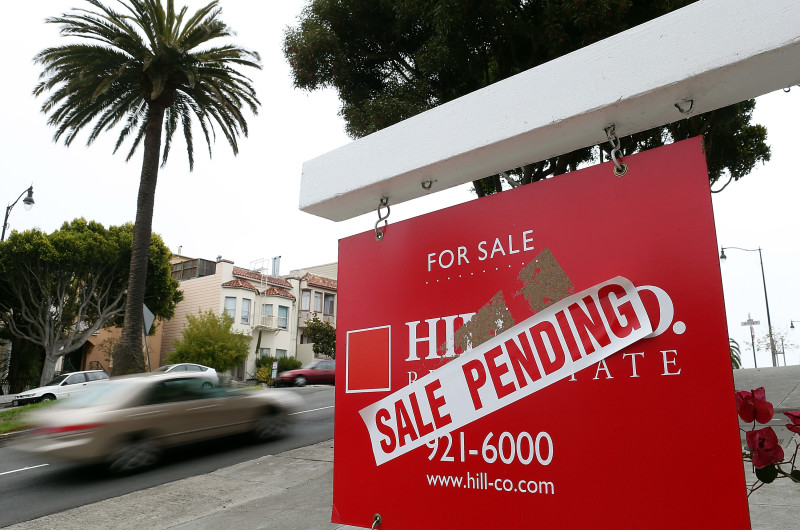To lay one important card on the table, I'm married to a teacher in a public school district known far and wide for desperate need among many of its students and low pay for its employees.
That's relevant here only because the reality of relatively meager compensation for teachers -- a key component in California's perennial ranking near the bottom nationally for classroom spending -- is one of those issues that feels like it has become part of the fabric of our society. Something intractable and incurable, like our inability to house thousands of our fellow citizens or rein in the cost of health care or amend Proposition 13.
One of the rich ironies facing teachers in Bay Area school districts is their growing inability to afford homes in the communities in which they teach. That's not a brand-new phenomenon. I've been hearing for years, through my wife, of colleagues unable to pay rent here unless they find a roommate or two or three. Home ownership? In this market? Ha!
The impression that teachers have joined low-wage service workers, students and starving artists among the legions priced out during the current boom is backed up by cold, hard facts. The realty firm Redfin published a report earlier this year that found that 83 percent of the homes for sale in California were beyond the means of a teacher earning the statewide annual average salary of $69,300.
The picture was considerably worse in the Bay Area.
